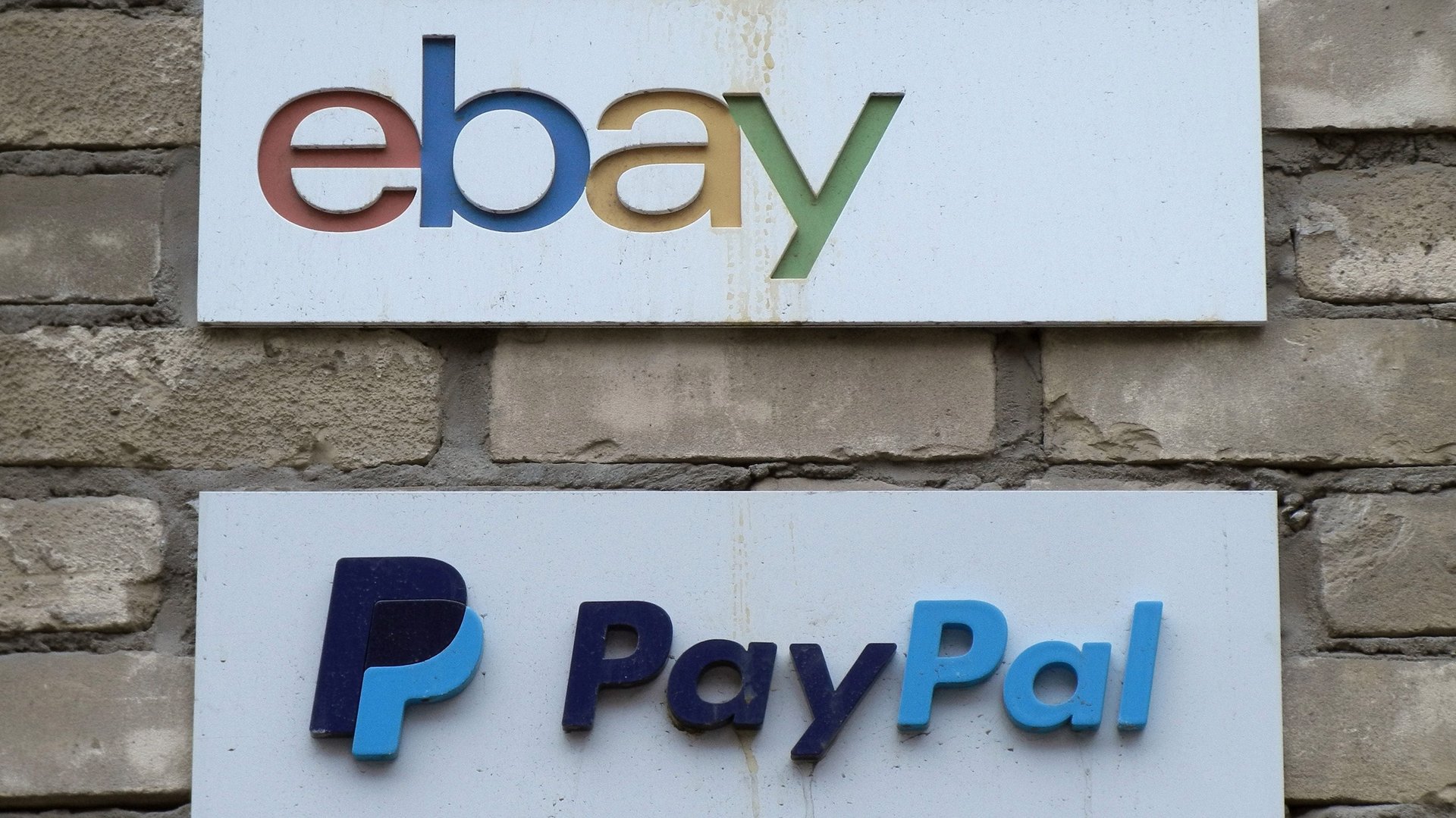Not just Indian firms—Trump’s H-1B war is crippling Silicon Valley, too
When president Donald Trump started going after the H-1B visa, headlines suggested trying times for Indian firms had begun. The reality, though, is that American firms are suffering.


When president Donald Trump started going after the H-1B visa, headlines suggested trying times for Indian firms had begun. The reality, though, is that American firms are suffering.
Recently, the US citizenship and immigration services (USCIS) extended its suspension of premium processing for H-1B petitions until February 2019. This programme hastens the visa processing time from the usual six-odd months to 15 days on payment of a fee of $1,225 (around Rs86,000). The ban applies to new H-1B applicants as well as existing ones in queue for renewals or for switching of jobs.
Blind, an anonymous social network for working professionals, surveyed tech employees on its app, asking them, “Have you been negatively affected by the suspension of H-1B premium processing?” The US-based company surveyed over 10,500 users in the 10-day period starting Dec. 16, 2018.
Overall, nearly one in four respondents from tech behemoths such as Microsoft, Amazon, and Uber, among others, answered in the affirmative. eBay and Paypal were the worst hit, with over half their employees feeling the heat after premium processing was stalled.
“Many companies in the tech industry depend on H-1B visas to hire tens of thousands of employees each year,” Blind’s recent report said.
With tensions rife, Indian IT firms have begun reducing dependency on H-1B visas, which allow foreign workers to live and work in the US for up to six years.
Instead, nine of the top 10 companies filing labour condition applications (LCAs)—a prerequisite for H-1B visa applications—were American in 2018. “In fact, last year, four of the top 10 employers for approved H-1B visa applicants were US tech companies,” Blind said.
After all, the industry is plagued by a talent crunch. Less than 1% of all US jobs go to foreign workers but over 12% of the tech jobs do.